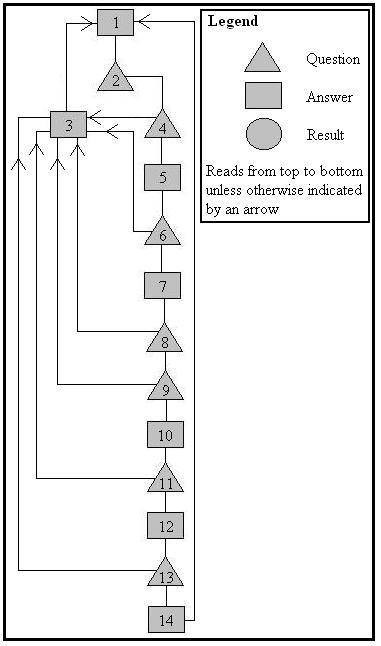

| 1. | Conduct an air strike in a foreign country. | |
| 2. | Are there eyewitness reports from people who live in the area that civilians were killed in the air strike? | |
| NO | 3. | Don’t worry about it. |
| YES | 4. | Is the American press picking up on the civilian reports? |
| NO | GO TO 3 | |
| YES | 5. | Issue a press release stating that the intelligence on which the air strike was based was sound, and that it achieved its goal of killing [INSERT ODD NUMBER HERE] insurgents and/or enemy combatants. |
| 6. | Does the story have legs despite the press release? | |
| NO | GO TO 3 | |
| YES | 7. | Hold a press conference where you talk about how precise your weapons are, implying that they only ever kill bad people. Oh, and civilian deaths are always regrettable. |
| 8. | Are politicians in the foreign country you bombed complaining about civilian deaths caused by the bombing? | |
| NO | GO TO 3 | |
| YES | 9. | Are American politicians echoing the complaints being made by foreign politicians about civilian deaths caused by your bombing? |
| NO | GO TO 3 | |
| YES | 10. | Hold another press conference in which you admit that there were more civilian casualties than you had originally estimated (although always fewer than the press or foreign politicians are claiming), adding, that such deaths are ultimately the responsibility of the enemy, who uses civilians as human shields. Oh, and the civilian deaths have been upgraded to highly regrettable. |
| 11. | Are American politicians satisfied with this answer? | |
| YES | GO TO 3 | |
| NO | 12. | Hold a press conference in which you announce that there will be an investigation into the bombing run. |
| 13. | Sixteen months later, does anybody even remember that there was an investigation into the bombing run? | |
| NO | GO TO 3 | |
| YES | 14. | Issue a report in which the civilian casualties are blamed on pilot error, demote the bomber pilot in question and announce that you have learned a lot from the problem and will definitely not repeat it in the future. |
Notes
The problem with traditional warfare is that too many of your people get killed waging it. Since those people are related to your citizens, you end up with a lot of unhappy mothers, fathers, sisters, brothers, nieces, nephews and even the occasional in-law, people who are unwilling to put aside their petty personal issues to support the war. With enough of these, the unthinkable could happen: politicians who support the war could lose office.
Modern warfare has largely obviated this problem by allowing the most advanced nations to drop death from a great height. Unfortunately, while human combatants can usually tell the difference between an adult enemy with a gun and a three month old baby in a crib with a rattle, bombs, no matter how smart, cannot.
These deaths, referred to as “civilian casualties” by people on your side and “oh my god, they’ve killed my baby” by people on the other side, can cause serious problems for your war effort. Not because there is anything inherently wrong with killing a three month old baby in a crib with a rattle; if the baby didn’t have the good sense to be born in your country, it deserves everything it gets. No, the problem is that there may be civilians in your country who have three month old babies in cribs with rattles, and they may not be willing to continue to support the war effort, no matter how rational, because of some crazy emotion called “empathy.”
Fortunately, the air force has had a lot of experience killing “innocent” civilians in bombing raids over the past 90 years or so, and has, therefore, developed a protocol to deal with the political fallout. The American Air War Publicity Combat Algorithm, as the name suggests, is not concerned with questions of whose version of events is “correct” (you will notice, for instance, that the actual number of civilian casualties a given bombing strike produces is irrelevant); it is concerned with minimizing adverse publicity that, in a worst case scenario, could lead to the end of the war.
You will notice that, according to the algorithm, the bombing ultimately continues regardless of the public reaction to it. Only an act of Congress can end a war, and, as long as such an act is seen as a betrayal of the troops, that isn’t likely to happen. But, even if, as all good things must, a given war ends, all you have to do is wait: another war should be along shortly.